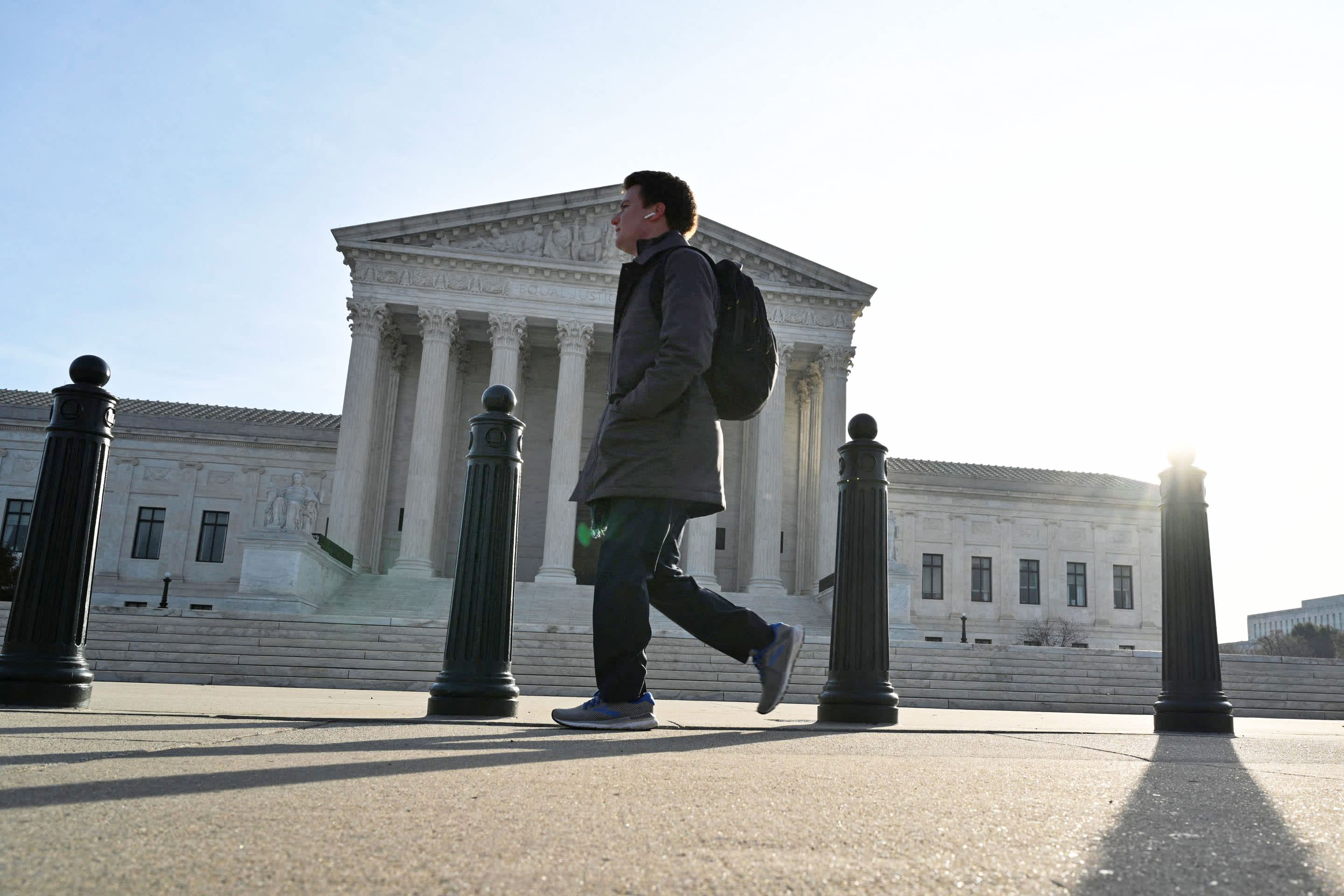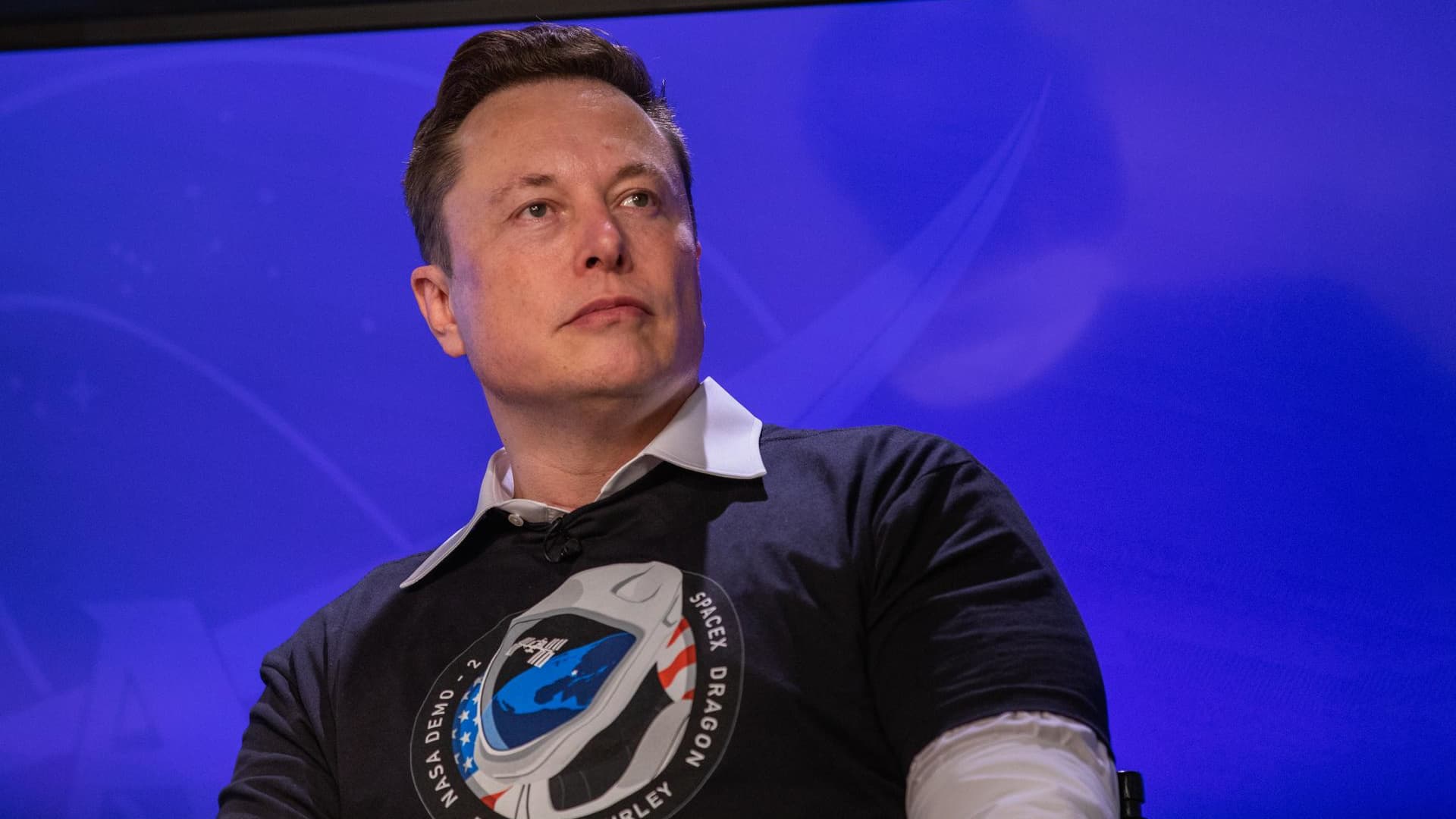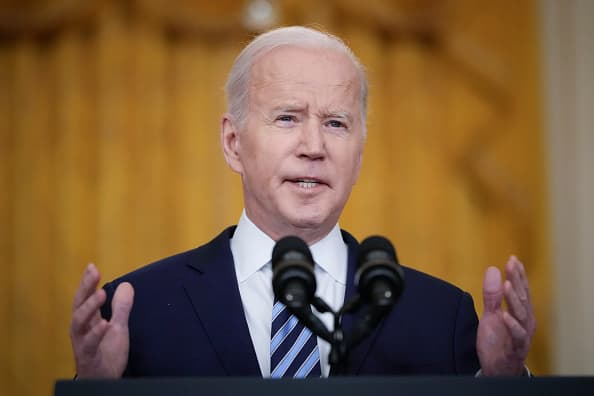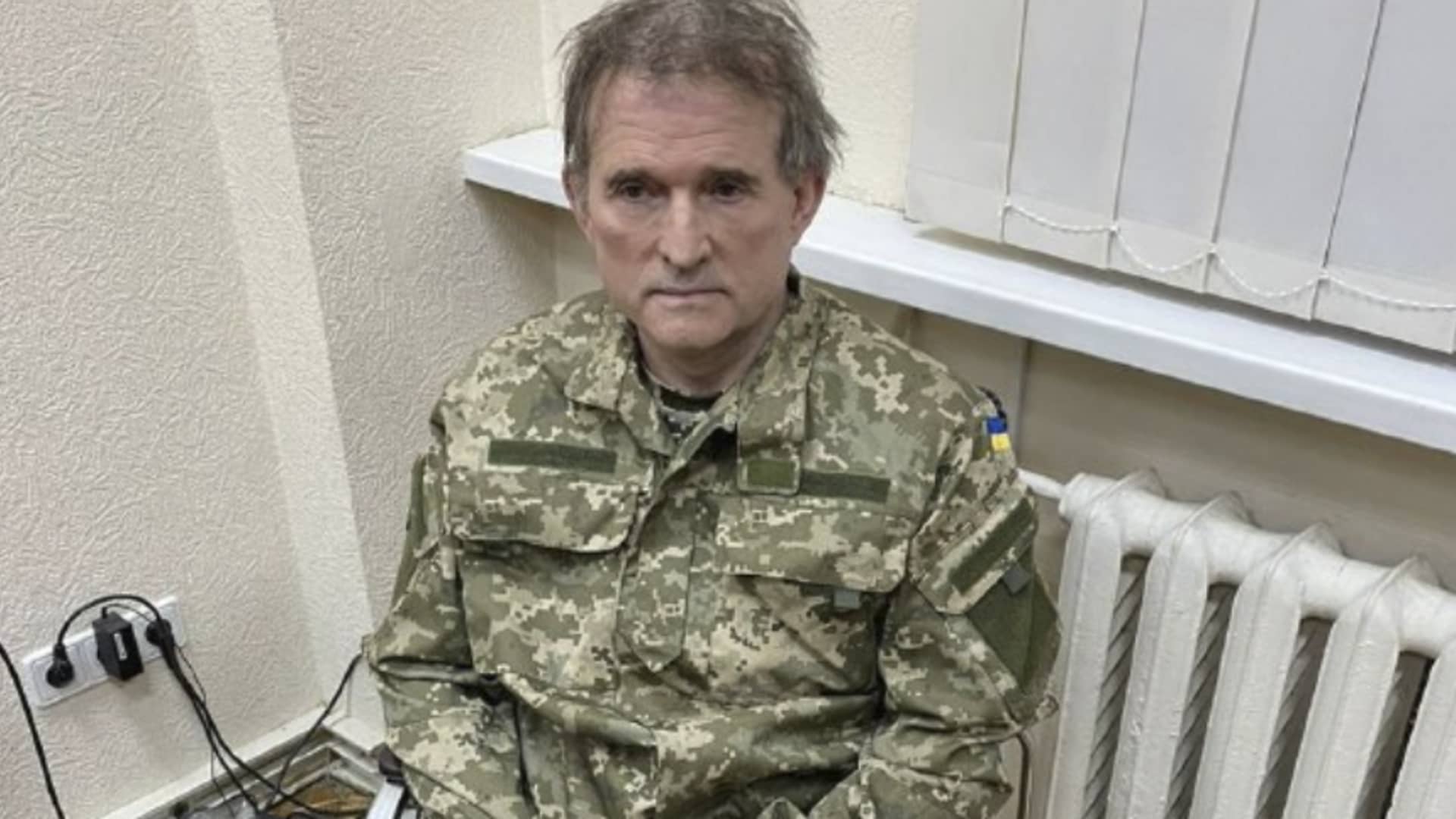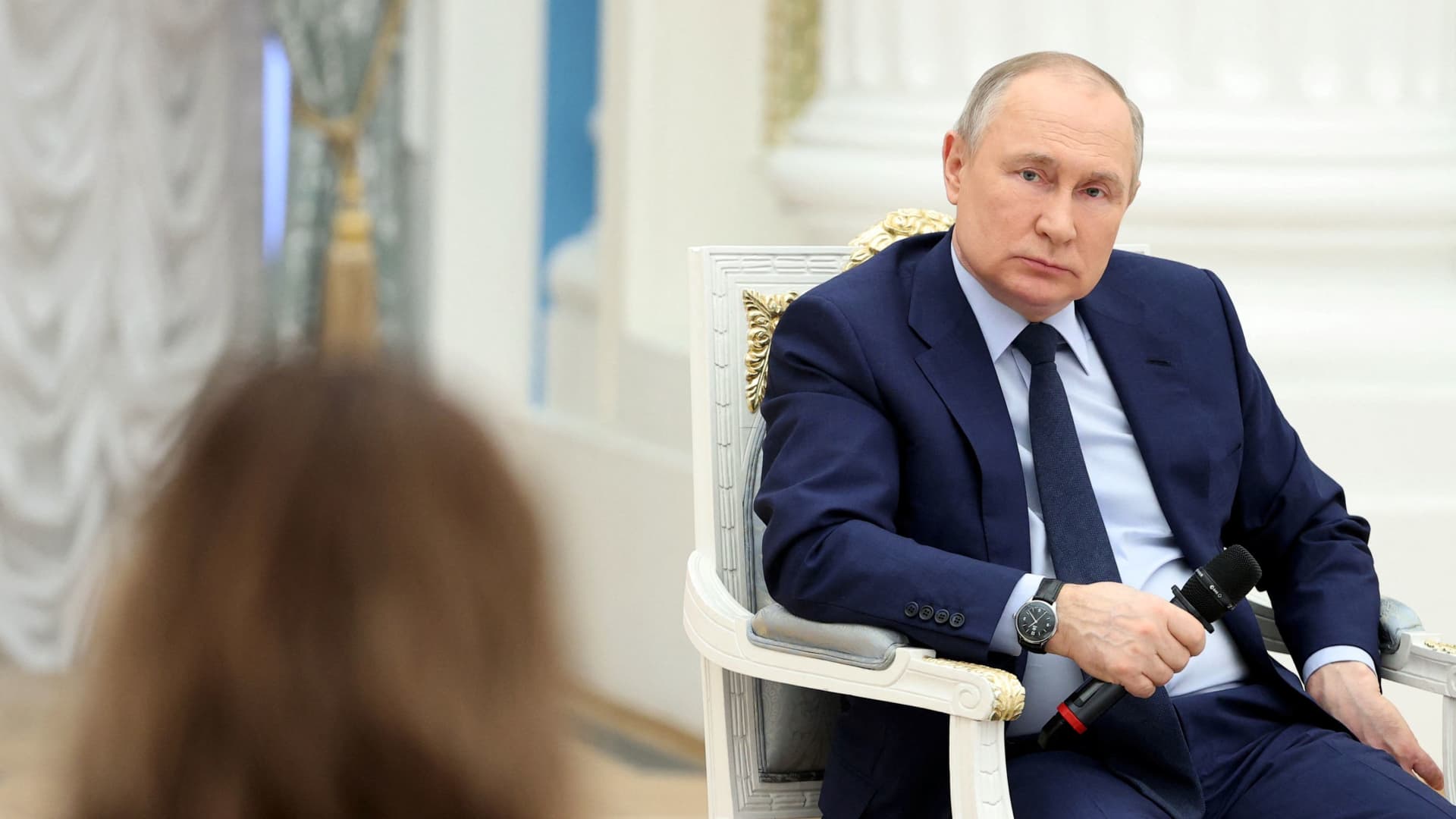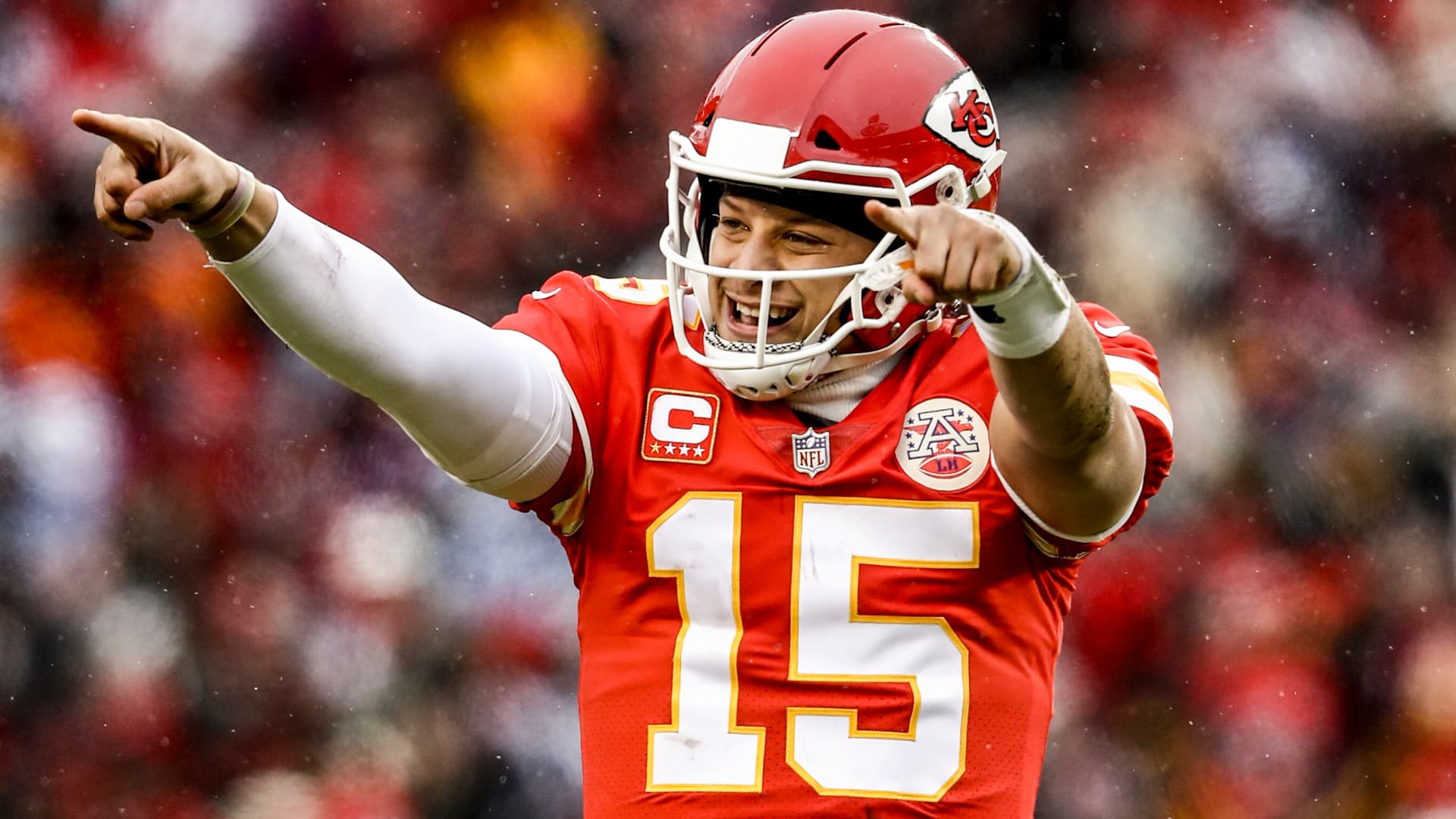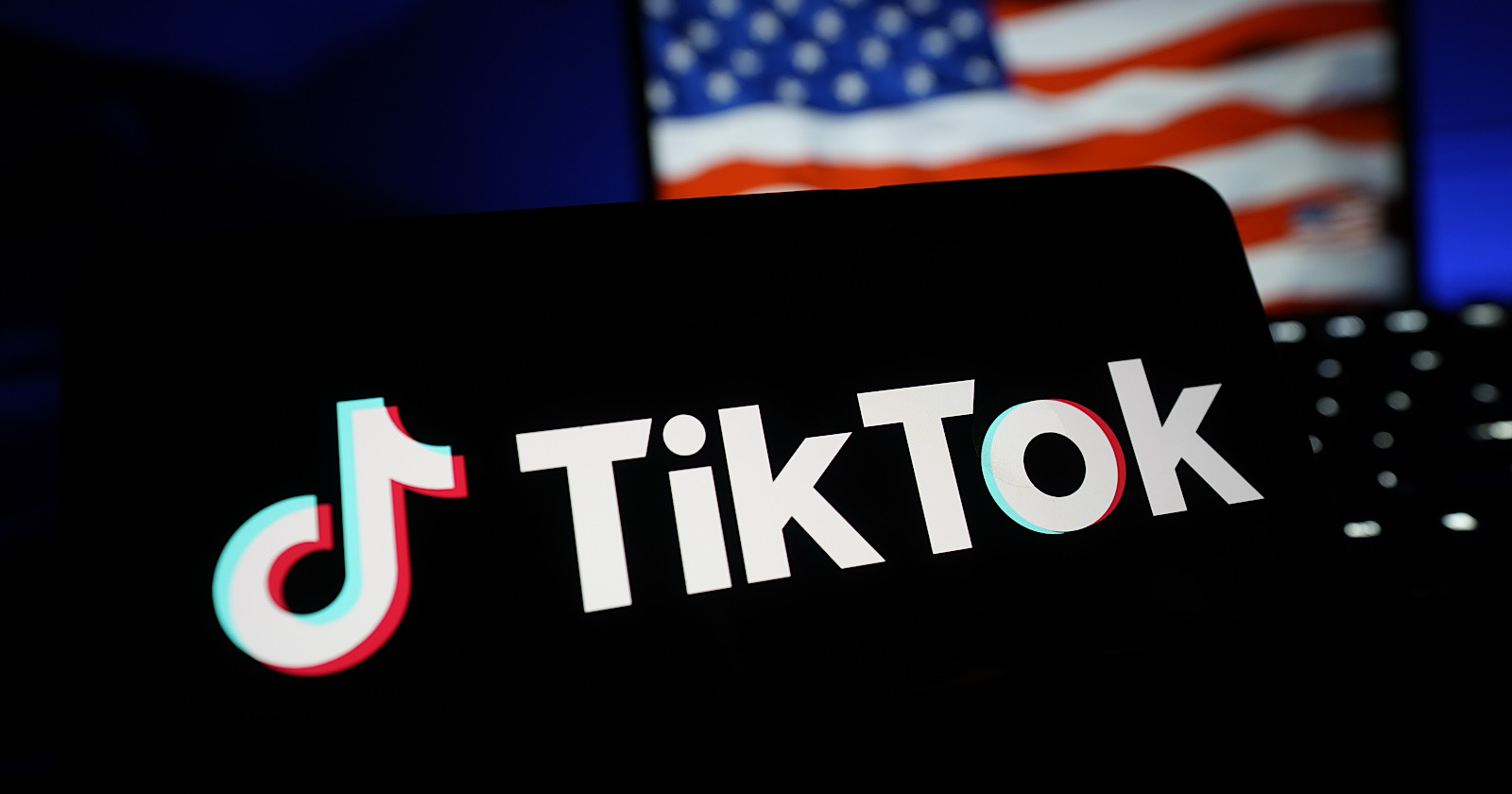Trump classified documents case differs from Biden, Clinton, Pence issues
"If Donald Trump and his team had responded to the subpoena and turned over everything they had, we wouldn't be here today," said Jon Sale, a Miami lawyer.
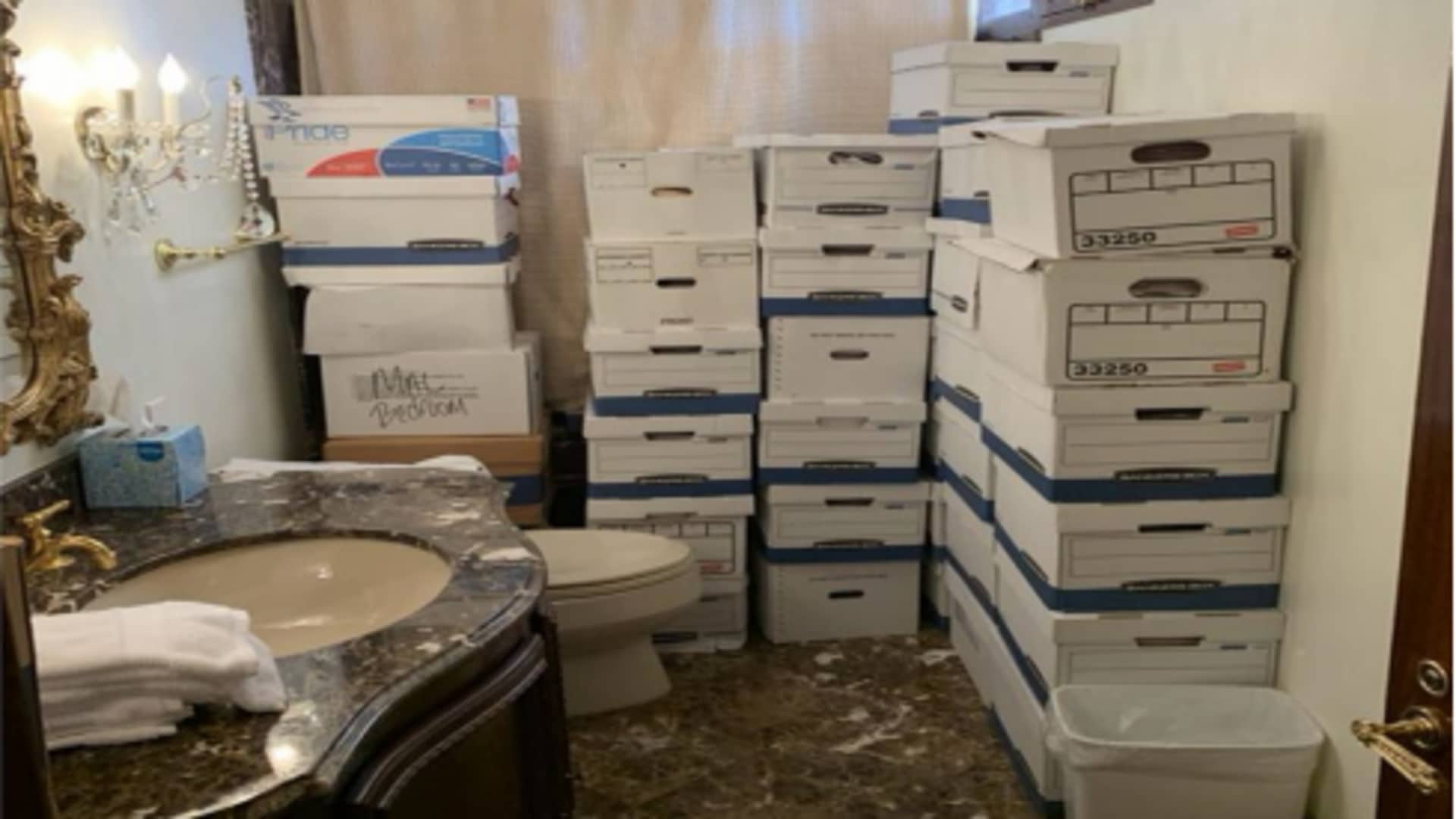
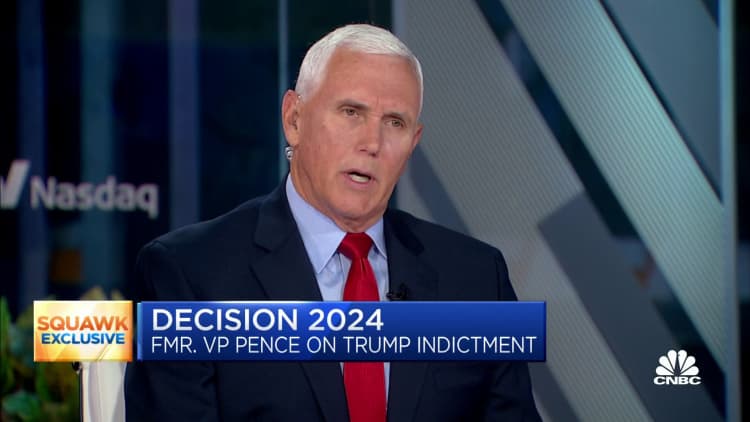
WASHINGTON — As former President Donald Trump faces 37 federal counts for hoarding hundreds of classified documents after he left the White House, many of his supporters insist Trump is being unjustly targeted.
They point out, correctly, that Trump is not the only public figure in recent years who had classified material outside of secure settings.
But what they don't say is that Trump is the only former official who refused to return all the classified documents as soon as he was asked about them. Nor do they say that Trump is the only official who tried to prevent investigators from discovering additional classified records he had in his possession, as alleged in the indictment against him.
Trump's alleged intent, namely to keep the documents, and his lack of transparency about what he had is what elevates his case from an unfortunate filing accident to a crime, experts say.
Clinton, Biden and Pence
U.S. President Joe Biden answers a question during a joint press conference with Prime Minister of the United Kingdom Rishi Sunak in the East Room at the White House on June 8, 2023 in Washington, DC.
Drew Angerer | Getty Images
Hillary Clinton, while she was secretary of State, kept an email server with classified information in some of the emails on a personal computer server at her home. After a lengthy investigation that dominated the 2016 presidential campaign, the FBI recommended to the Justice Department that it not press charges while saying Clinton and her colleagues "were extremely careless."
Lawyers for President Joe Biden discovered 10 classified documents in November of last year at an office he used in downtown Washington. The attorneys immediately called the National Archives, which took possession of the documents the next day. A search of Biden's home in Wilmington produced another six documents, which were also turned over immediately. Attorney General Merrick Garland has appointed a special counsel to look into how the documents got there, and the investigation is ongoing.
But it's not just Democrats. Mike Pence, who was Trump's vice president, searched his own home after the Biden documents were found and he discovered a dozen classified documents, which he immediately turned over to the National Archives. A voluntary FBI search of Pence's home turned up another document with classification markings, for a total of 13. On June 1, the Justice Department informed Pence that it was closing his case, and no charges would be filed.
So why is Trump being charged, while Pence and Clinton were not? Experts say the crucial difference is intent, namely what Trump allegedly did after he learned the National Archives wanted the classified documents he had back.
"I think if Donald Trump and his team had responded to the subpoena and turned over everything they had, we wouldn't be here today," said Jon Sale, a Miami lawyer who turned down an offer to join Trump's legal team. "That's why we're here. That's why this case was indicted."
The boxes, the lawyer and the ex-president
The DOJ's indictment includes photos of classified documents found at former President Donald Trump's Mar-A-Lago residence.
Source: DOJ
By the spring of 2022, a year's worth of effort by the National Archives to get Trump to turn over presidential records that did not belong to him had resulted in 15 boxes, with nearly 200 classified documents among them, being sent back to D.C.
But photos from Mar-a-Lago show that Trump had brought more than 80 boxes of presidential records with him to Florida when he left the White House, meaning there were scores of records he still had not returned, which the Archives clearly knew about, including classified documents. Out of options, the Archives referred the missing classified documents to the Justice Department, which obtained a grand jury subpoena on May 11 for all remaining classified material held by Trump.
Right before lawyers arrived at Mar-a-Lago to retrieve the documents named in the subpoena, prosecutors have security footage of Trump's valet and co-defendant, Walt Nauta, moving scores of boxes between Trump's personal residence and a storage room. The lawyers were only allowed to search the storage room.
Sale, who leads the white collar defense practice at Nelson Mullins, said Trump could have made an argument to the Archives that he deserved to keep the documents he took.
"It they felt there was a legal reason not to turn something over, they could have provided privilege law, saying, 'We think some of this is privileged and we're not turning it over.' Those are the options," Sale said on MSNBC Tuesday. "There is not an option to say, 'Let's tell them we don't have it.'"
Yet that is precisely what Trump allegedly asked his lawyer to do, according to notes taken the day of the search.
Boiling it down
Former US President Bill Clinton, right, and Hillary Clinton, former US Secretary of State, during an interview for an episode of "The David Rubenstein Show: Peer-to-Peer Conversations" at the 92nd Street Y in New York, US, on Thursday, May 4, 2023.
Jeenah Moon | Bloomberg | Getty Images
Trump's apparent intent to keep the records, while allegedly deceiving authorities about them and showing them to visitors, is what sets his case apart from Clinton, Pence and Biden.
"When you talk about President Biden and former Vice President Pence, what you're talking about is complete transparency," David Kelley, former U.S. Attorney for the Southern District of New York, said on PBS NewsHour this week.
"But when you go ahead and you're told that you have got documents you're not supposed to have, and then you conceal that, and then you lie about it, that's a criminal problem, because that shows knowledge and intent to violate the law."
Instead of turning over everything, prosecutors allege that Trump spent more than a year deliberately hiding classified material from everyone and conspiring with Nauta to keep it hidden.
To this day, Trump insists the presidential records sought by the archives belong to him, and he does not deny that he refused to return them.
Instead, he claimed on Tuesday night, hours after he pleaded not guilty in the case, that the boxes containing classified documents actually contained "memorabilia," and that he "hadn't had a chance to go through all the boxes. It's a long tedious job, it takes a long time."
When FBI agents went through the boxes in August 2022, they found more than 100 classified documents that Trump and his lawyers had not returned. By the time FBI agents were finished searching Mar-a-Lago, the total number of classified documents Trump had taken from the White House, including those he previously returned, topped 300.
This amount of records, compared to the 13 records and 16 documents from Pence and Biden, respectively, is another major factor that set Trump's situation apart.
It also echoes one of the factors that then-FBI Director James Comey cited in 2016, when he explained what elements elevate a classified documents discovery to the level of a crime.
"All the cases prosecuted involved some combination of: clearly intentional and willful mishandling of classified information; or vast quantities of materials exposed in such a way as to support an inference of intentional misconduct; or indications of disloyalty to the United States; or efforts to obstruct justice," Comey said then.
"We do not see those things here," he added, regarding the Clinton case.

 Astrong
Astrong 








